
Colleen meets our chameleon friend after lunch. (Photo Credit Bridget Shoenberger)
Each day in Zambezi has fallen into some sort of routine. We wake up for breakfast, read the last blog post and comments, run around to prepare for our first class, teach, eat lunch, teach, eat dinner, reflect, and sleep. For those who have been to Zambezi, the word “routine” is to be taken very lightly. Lunch is often pushed back due to Jeff’s internal clock being set to “Zambia Time,” and some of our students have decided that class starts at 10 a.m. rather than 9 a.m. My sleep is also typically interrupted by the confusion of my roommates yelling at each other in their sleep. (Thanks to Grace K., Bridget and the anti-malaria drug Malarone). As you may see, our “routine” is often shifted around and includes gaps of time that each of us is responsible for filling.
As many Zags would agree, one of my favorite ways to fill these gaps of time is by taking a trip to the market. These daily trips accompanied by the children who grab hands lovingly and locals yelling “chindeles” without missing a beat are something I look forward to every day. I often see our students from the business and leadership class posted at their shops or wandering the sandy roads in an effort to kill time before their next class at the convent. I try to stop and chat or invite them to walk with me, but having a meaningful conversation can be difficult while navigating the language barrier and many distractions of the market.
One day, I caught myself in those distractions. I was with four other Zags when we ran into one of our students, Geoffrey. I invited him to walk with us to George’s shop, our favorite place to buy snacks. (Yes, mom, I found snacks.) I was distracted by the important question, “Which soda should I buy?” when I managed to disregard Geoffrey’s patient presence as he stood a few feet behind me without money to splurge on a cold soda. To those of us from the United States, spending 7 kwatcha (70 cents) on a soda is something we can all afford here daily. But to Geoffrey and many other Zambians, spending 7 kwatcha on a soda just wouldn’t make sense.
The second we left the shop I blushed with embarrassment for my failure to offer to buy Geoffrey a soda especially considering that just a few minutes prior Garrett and I were overwhelming Geoffrey with questions about his life. We discovered that he and his family have little to no means of income. They are completely self-sustained by their family farm. Geoffrey has a wife and three children under the age of 10. They moved to Zambezi over three years ago in hopes to find more opportunities for work. In those three years neither Geoffrey nor his wife, Barbara, have had a job. When asked what he thought about the business and leadership class, Geoffrey’s face lit up as he explained how excited he was to be learning so much and working toward getting a certificate. He continued to explain how he plans on using what we teach him to find a good job or start his own business after completing our class.
We began to walk back through the distractions of the market and back to the convent. Along the way we stopped in a bakery where there was another selection of sodas. I turned to Geoffrey, who again was patiently waiting to the side. I asked if he would like a soda, and he responded, “Yes, but this would be better. I could bring it home to my wife.” I followed the gaze behind his small gold-rimmed glasses to a loaf of bread. 8 kwatcha. I handed him the bread after paying for it, and he thanked me repeatedly.
I learned that Geoffrey walks almost an hour each way to come to our class every day. He acted as if it was no big deal since it meant learning from us. Hearing this makes me question my credibility and ability to teach people twice my age when I don’t yet have my college degree. It makes me think a lot about our students’ tireless devotion to learning, a devotion I cannot say I have felt most of my life. Education has just been a part of my daily routine for as long as I can remember, and I find myself complaining about it far too often. The excitement and passion for learning that the children and adults of all ages possess here is inspiring. A college education that likely leads to an abundance of job opportunities is something most of our students here dream about.
As we continued to walk with Geoffrey, all of these thoughts and more flooded my mind. I could stand in George’s shop and buy a soda without thinking twice. I owe that to the opportunities I have encountered because of a free education and being born in the United States. Buying that soda, let alone a loaf of bread, isn’t a luxury that Geoffrey has, yet he never once asked me or any of my peers for a single thing.
Kisu Mwane.
Colleen
P.S: Mom- I’m taking good care of your camera and think of you anytime I snap a good pic. Sending you a big hug!! Dad- I trust you’re taking good care of the animals and will give Theo and Calvin a hug for me. Zz- Enjoy your last few days in Florence! Safe travels for wherever you are off to next, which hopefully involves going home? See ya at the airport? Val- I found John and Keith, and they both say hello! I’m still on the lookout for Bridget and baby Shelly. Thanks for the biggest hug in the whole world; Dev and I are sending one right back atcha. The rest of my friends and fam- I miss and love you all!! Can’t wait to exchange stories from the past month.
P.P.S: Happy Birthday Mama Kris!! The big 3-0. Wahoo!! We celebrated her birthday with some delicious nshima dumplings made by Jeff and cake! We will be sure to give her lots of hugs from friends and family at home.

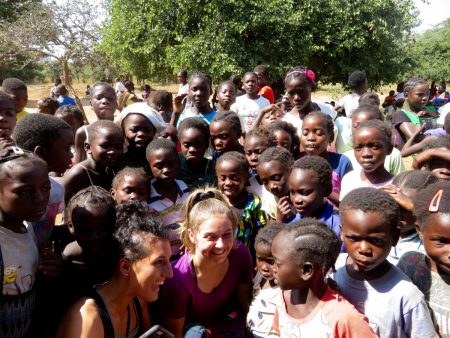
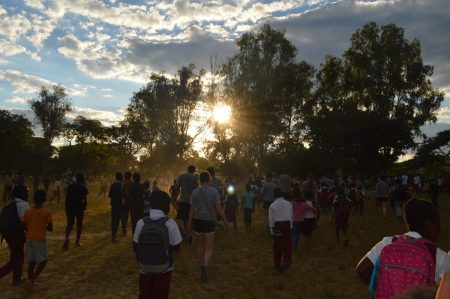
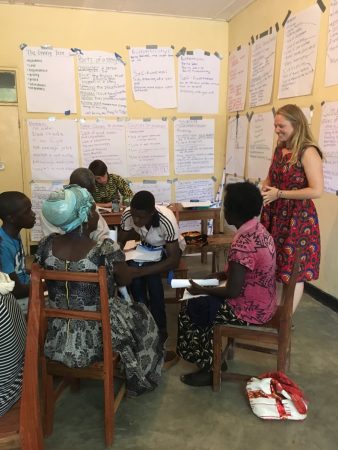
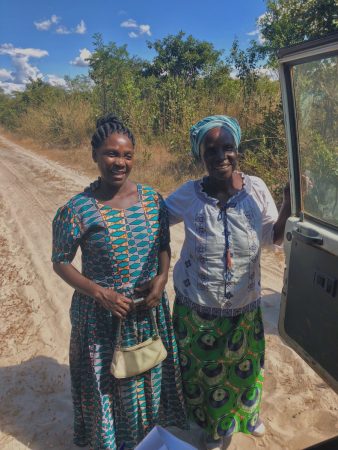
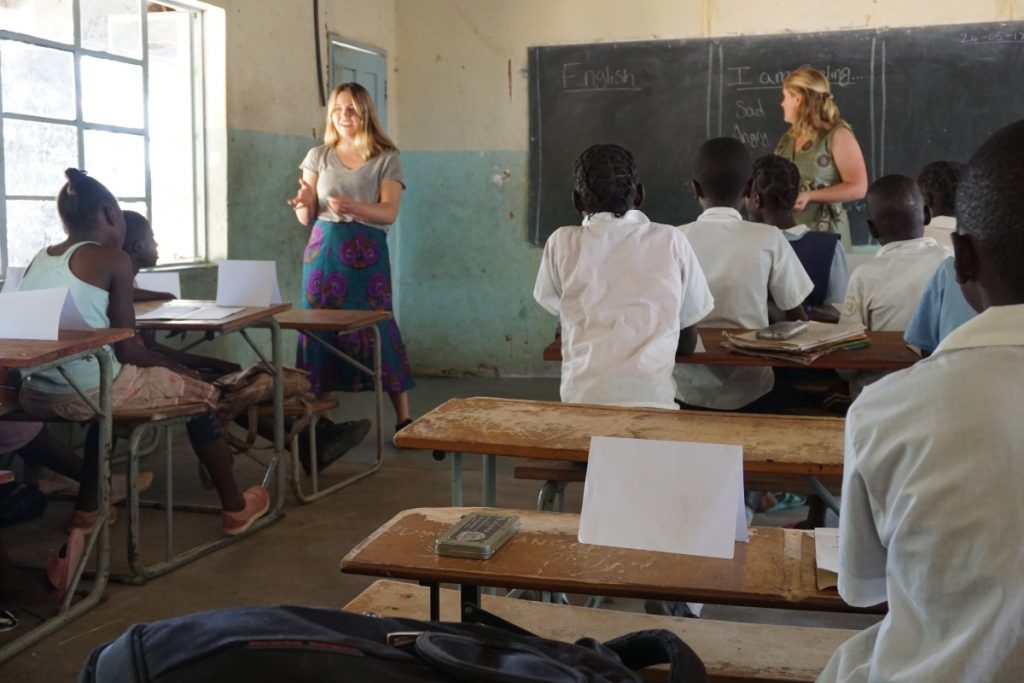
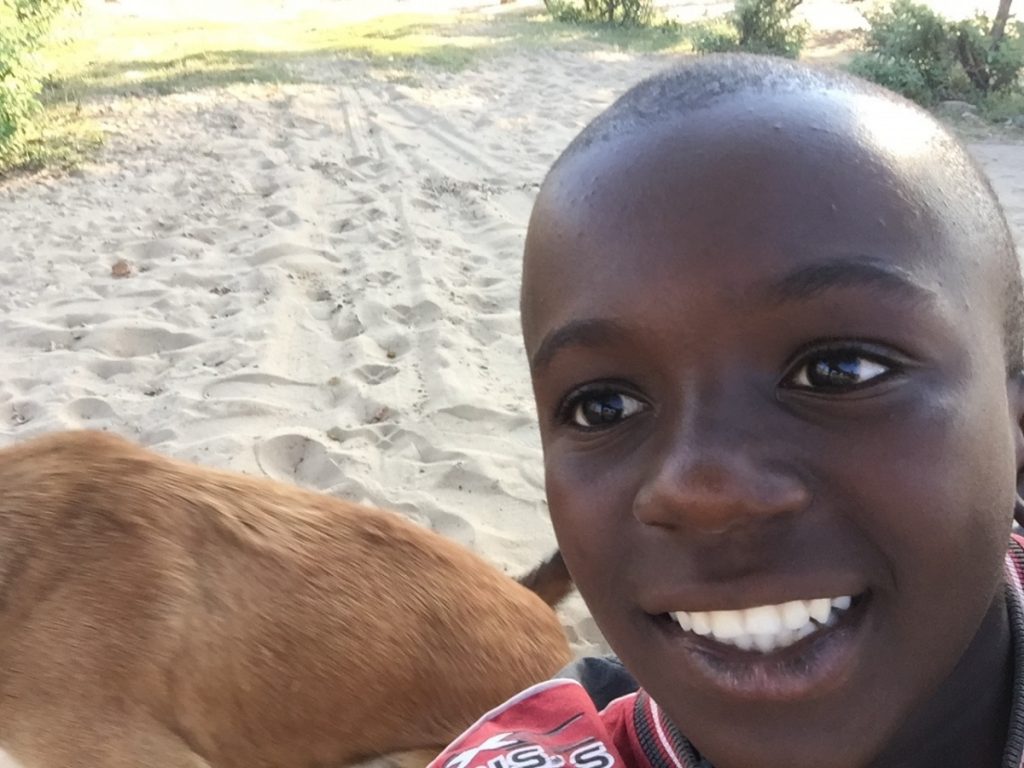


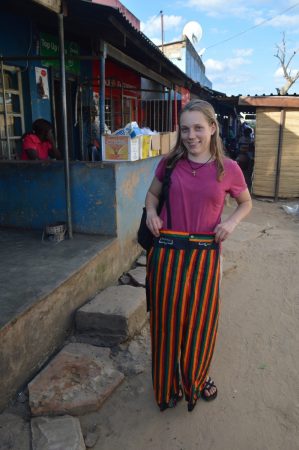
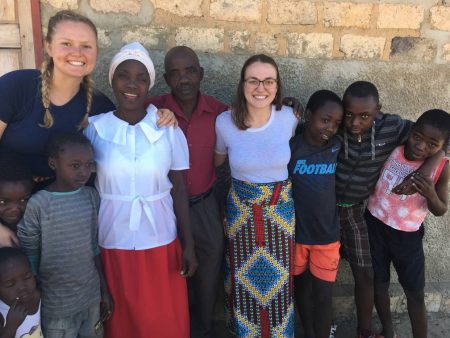
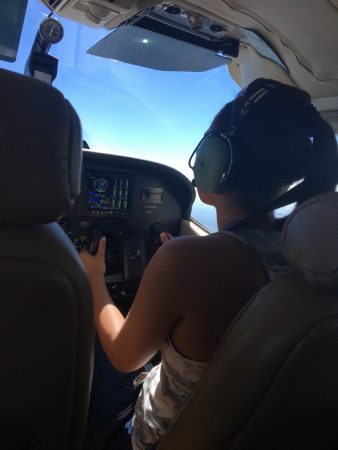 Zambezi is more beautiful than I could have ever expected. I have already experienced so many things for the first time.
Zambezi is more beautiful than I could have ever expected. I have already experienced so many things for the first time.